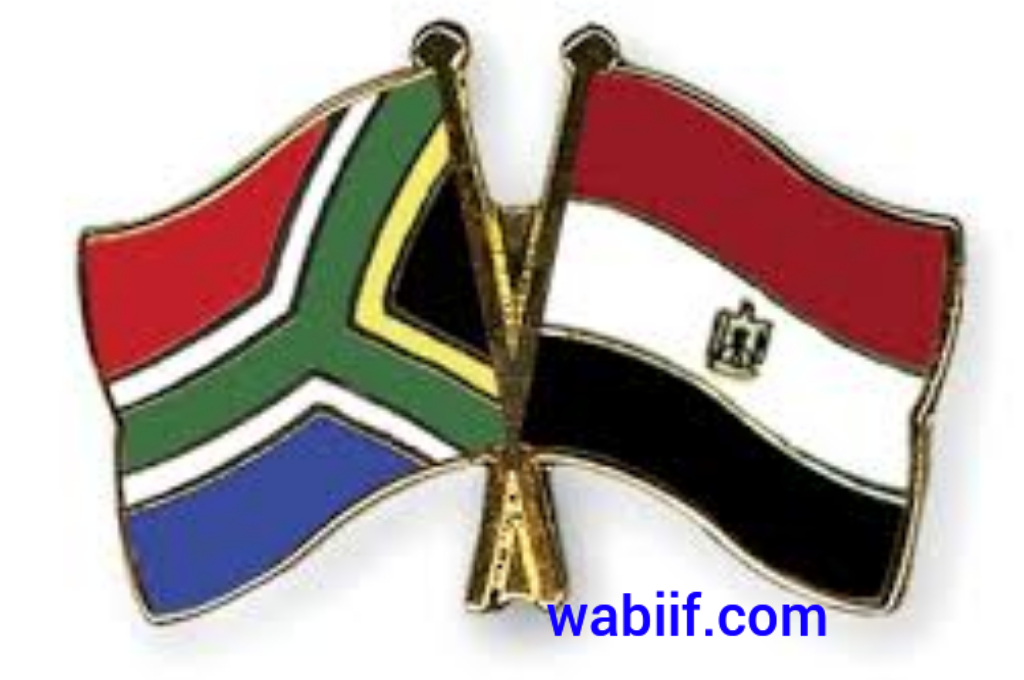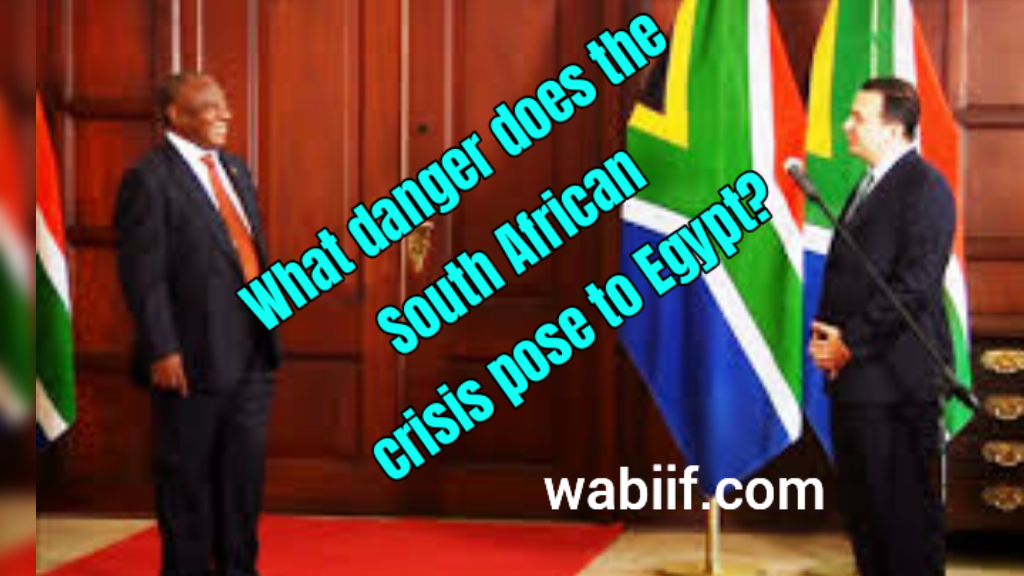What danger does the South African crisis pose to Egypt?
Egypt’s main objective in South Africa is to maintain its sovereignty and national security along the Red Sea and Suez Canal. It also enhances its water security by establishing good relations with the Nile and its neighboring countries.
Egypt’s interest in the Red Sea has been eroding, and Houthi attacks on Red Sea ships in what is now the Suez Canal have cost Egypt 50% of its potential profits, or around $5 billion.
National security expert Mohammed Abdel Wahid told the Qatar-affiliated website The New Arab that Egypt’s strategy in South Africa is to “prevent” security concerns to protect national security interests. This is despite the strategic region facing many security concerns, including “separatist rebels, cross-border crime, international competition and the crisis in the southern Red Sea,” the expert said.
However, some observers from the Ethiopian side do not seem to believe that these are the only ones. Yassin Ahmed, president of the Ethiopian Institute of Public Diplomacy, told the website that Egypt’s aim is to “strengthen its security role in the region and compete with Ethiopia in the region.
How could the situation get any worse?
Ethiopia has thousands of troops in central and southwestern Somalia.
The Ethiopian troops are helping the Mogadishu government fight al-Shabaab militia group. Meanwhile, the conflict has recently erupted.
Recent comments from Ethiopian officials have suggested that if Egyptian troops are deployed in Somalia, Ethiopia could keep its forces within the Somali border without the permission of the Somali government.
In fact, outside of Somaliland, Ethiopia can easily find allies in Somalia to keep its troops there.
He has made it clear that the South- Western Somali Region, one of Somalia’s six federal regions, wants Ethiopian forces to stay there.
The Putin region is also in conflict with the central government in Mogadishu. This attack is easily exploited by Ethiopia.
Therefore, the deployment of Egyptian troops in Somalia raises questions for all parties and will increase conflict in the region through export(proxy) or directly.
Decisive and influential kings operating in South Africa may also play a major role in the crisis.
Turkey, which has been strengthening its role in the Red Sea in recent years, signed a 99-year lease in 2017 to renovate and build a naval base at Ula Su’akin off the coast of Sudan.
It has also recently signed a comprehensive defense agreement with Somalia.
The agreement between Ankara and Cairo to build a Turkish Industrial Zone in the Swiss Canal could also strengthen the two countries to secure their interests in the Red Sea.

Over the years, the United Arab Emirates (UAE) has strengthened its relations with Ethiopia. This, close observers say, will help Abu Dhabi make the relationship a “route” to Africa and increase its presence in the Bab al-Mandab gulf, which connects the Red Sea to the Arabian Sea.
Ethiopia’s strengthening relations with the UAE are viewed with suspicion by allies such as Egypt.
